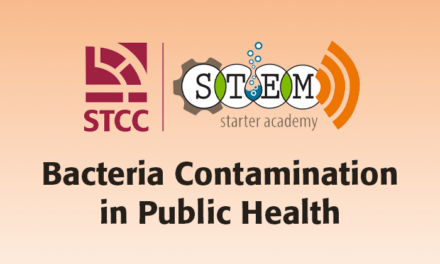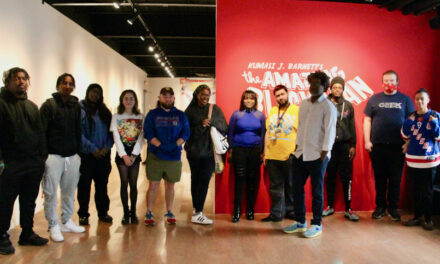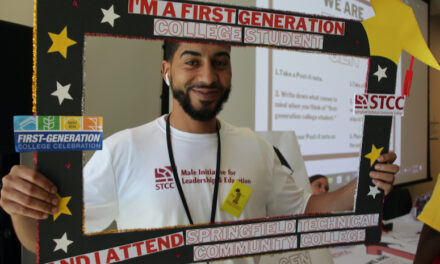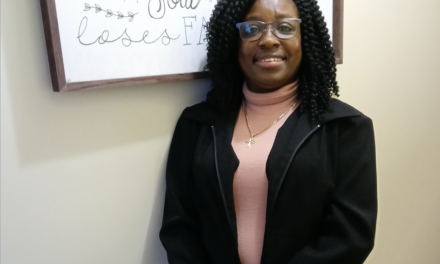Hello, I am Brian Nguyen, majoring in Computer Information Technology at STCC, and planning to transfer to the same major. I am sharing my experience in participating in our STEM Starter Academy-sponsored two-day Green Energy Conference on Dec 3 and 4. I regularly participate in SSA events and look forward to connecting with my STEM Starter Academy’s Summer Bridge friends. I was surprised to learn that 28 students from STCC participated in this conference. I learned from scientists, engineers, and professionals from throughout Massachusetts, Connecticut, and Rhode Island states.
This Green Energy Conference called Light’s Up was organized by the Soil and Water Conservation Society, an international organization of STEM professionals. It was a fantastic learning experience for me. I learned that solar energy is needed to meet the New England’s clean energy goals and stop climate change. However, in Massachusetts, the growth of solar has led to concerns about converting land to solar energy facilities, degradation of native habitats, challenges in stormwater management, and erosion control. Solutions to these challenges through sustainable methods were addressed by different speakers at this conference.
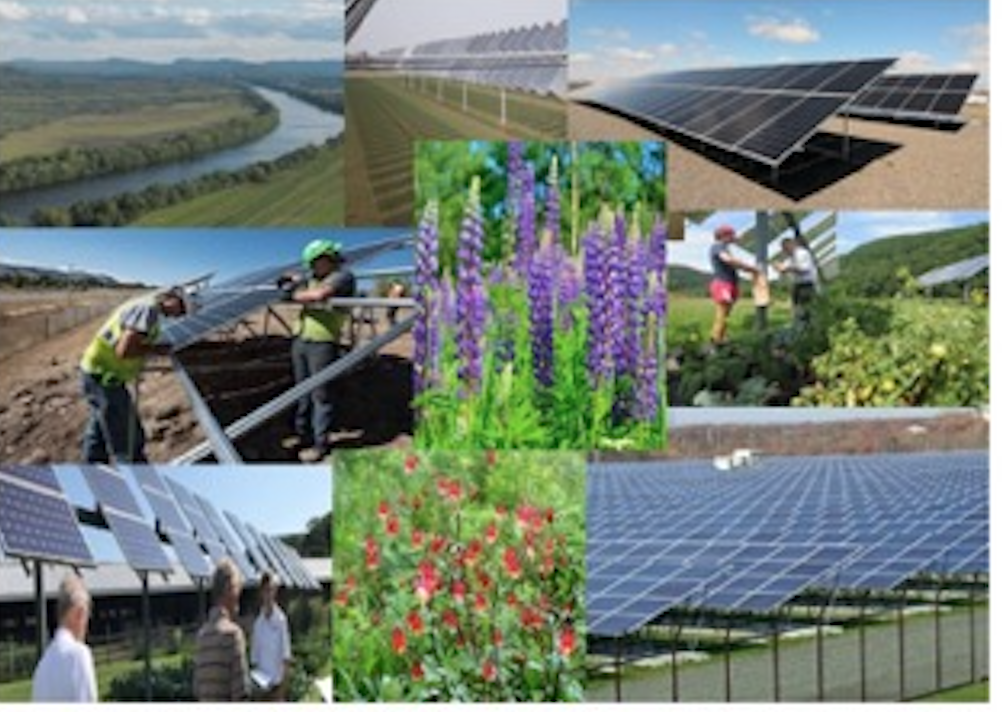
As soon as the Green Energy Conference began, I figured out what the event was all about, and it piqued my curiosity. I enjoyed all the presentations by various speakers in the program ranging from talks about renewable energy, stormwater management, erosion control, and pollution. I learned about solar energy and how people and companies are trying to help the earth. I was able to interact with experts in the field through chats and virtual exhibitor halls. The conference also had session breaks during the middle of the day, which was great to have fun with activities such as Kahoot to test what we have learned from the presentations and potentially win prizes. I was introduced to topics through the program that I wouldn’t have learned by myself. As I listened to the speakers, I was able to connect to concepts I learned in class.
For example, Dr. Herbert a professor from UMass, who explained dual-use solar, which is very interesting. You can have solar panels on farms while producing food. Thereby, it encourages the management of vegetation under and around solar PV arrays, growing food, and supporting native flowering plants and associated pollinator species. Dr. Herbert stressed the importance of developing clear agricultural siting guidelines with input from farmers, environmentalists, and solar industry stakeholders. I learned about pollinator crops that can be planted in solar farms that could benefit the entire ecosystem.
I also enjoyed Sharon Klein’s talk on Green Energy. She explained that as we become more aware of the importance of renewable energy with carbon-neutral goals, the need for community awareness and education is critical. Speaker Yasmin Yacoby from Rhode Island spoke about Energy Justice in the Clean Energy Transition. I have never heard or thought about energy justice before. She explained how it is crucial that everyone has access to clean, affordable, and reliable energy in all communities.
I am pleased that I signed up for this program and met all the excellent speakers who presented fascinating research. This event taught me that STEM (Science Technology, Engineering, and Math) innovation is important to improve renewable energy resources and fight climate change. I thank STEM Starter Academy at STCC for encouraging me to participate.


